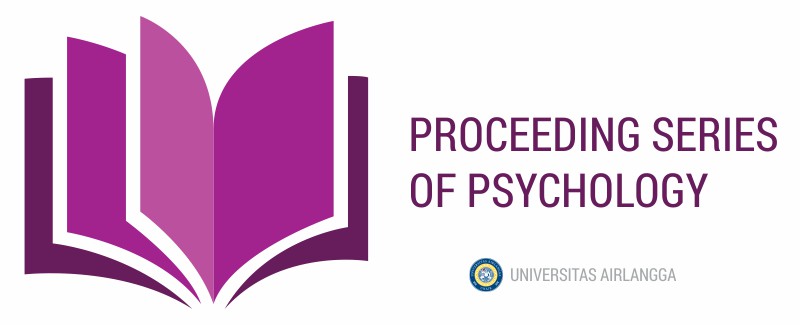Exploration of Teenager Problem in Islamic Boarding School After COVID-19 Pandemic
Kata Kunci:
Pandemic, Student, Teenager ProblemAbstrak
Pandemic of COVID-19 in Indonesia has impacted a lot of aspects of life including Islamic boarding schools. Students were usually living and doing activities together starting from a process of learning, free hours, until sleep time. Since the emergence of the COVID-19 pandemic has required a social distancing policy that was aimed to minimize transmission, the students must be returned to their homes for a long time. This policy was valid until a decision that they were allowed to be back at the boarding school was issued. The return of students would definitely need a new adaptation for both male and female students. The problem of teenagers was usually related to their relationship with peers. But, the different conditions of post-pandemic COVID-19 might allow for a different kind of problem. The aim of this research was to explore student problems after the pandemic of COVID-19. This research type was a qualitative study which exerted a phenomenological approach. The research subjects were about 40 male and female students who were selected based on a purposive sampling technique. The criterion of sampling was the student who encountered problems during the process of learning either in formal or informal education. The result of the data analysis referred to a different theme of problems between male and female students. In the male students, the problem which commonly appeared was not only related to the relationship with peers but also adaptation to daily activities. For instance, students had difficulty managing between sleep time and study hours, therefore the male students admitted that they often felt out of focus and sleepy in class. Meanwhile, female students found difficulties in understanding and accepting their peers and conflict among peers for making new friends or misunderstandings among friends.
Referensi
Boldero, J., & Fallon, B. (1995). Adolescent help‐seeking: What do they get help for and from whom?. Journal of adolescence, 18(2), 193-209.
Creswell, John W. (2015). Penelitian Kualitatif & Desain Riset. Yogyakarta: Pustaka Pelajar.
Dhofier, Z. (1983). Tradisi Pesantren: Studi tentang Pandangan Hidup Kyai. Jakarta: LP3S.
Jolliffe, D., & Farrington, D. P. (2006). Development and validation of the Basic Empathy Scale. Journal of adolescence, 29(4), 589-611.
Landazabal, M. G. (2009). A comparative analysis of empathy in childhood and adolescence: Gender differences and associated socio-emotional variables. International Journal of Psychology and psychological therapy, 9(2), 217-235.
Masqood, R. W. (1998). Mengantar Remaja Ke Syurga. Bandung: Penerbit Mizan.
Mc Devitt, T. M., & Omrod, J. E. (2002). Child Development and Education, Colombos Ohio, Merril Prentice Hall.
Moleong, L. J. (2012). Metodologi Penelitian Kualitatif. Bandung: PT Remaja Rosdakarya.
Nurdin, M. N., & Fakhri, N. (2017). Perbedaan empati kognitif dan empati afektif pada remaja laki-laki dan perempuan. Jurnal Psikologi TALENTA, 2(2), 11.
Rajeswari, S., & Eljo, J. J. G. (2013). A Comparative Study on The Problems of Adolescent Boys and Girls Students. International Journal of Humanities and Social Sciences (IJHSS), 2, 31-40.
Raju, M. V. R., & Rahamtulla, T. K. (2007). Adjustment problems among school students. Journal of the Indian academy of applied psychology, 33(1), 73-79.
Santrock, J. W. (2002). Life Spain Development, Perkembangan Masa Hidup. Jakarta: Penerbit Erlangga.
Unduhan
Diterbitkan
Terbitan
Bagian
Lisensi
Hak Cipta (c) 2024 Siti Mahmudah, Fuji Astutik, Elok Faiz Fatma El Fahmi

Artikel ini berlisensiCreative Commons Attribution-ShareAlike 4.0 International License.


